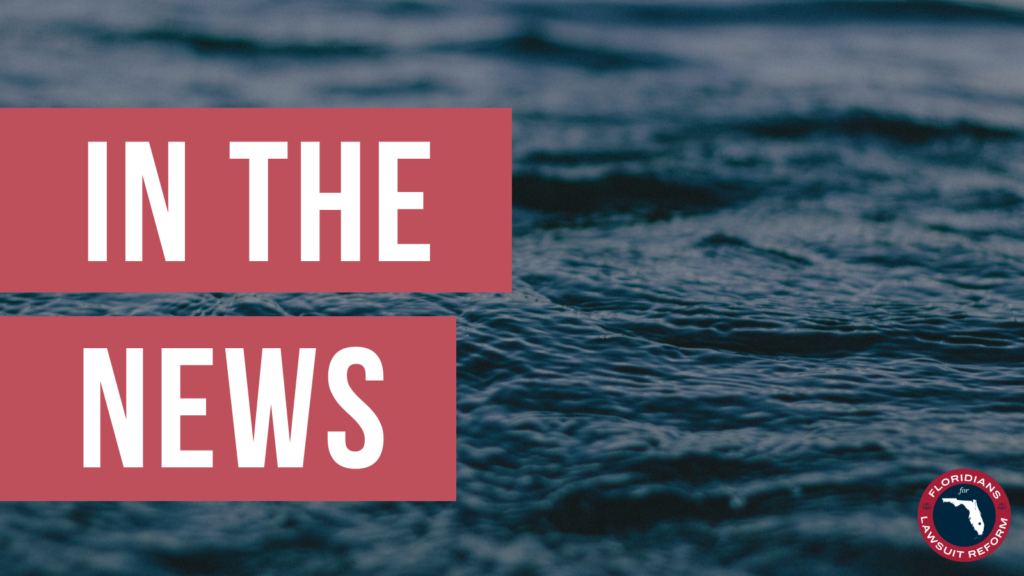
by Jim GrimesThursday, February 24th 2022
WEST PALM BEACH, Fla. (CBS12) — If it hasn’t happened already, your home’s most significant monthly expense could soon be your homeowner’s insurance.
Kerry Lutz has spent thousands of dollars upgrading his windows and installing a hurricane impact garage door. He’s hoping all of this will help bring down the cost of his monthly premium. Lutz said twenty different insurers turned him down when he closed his house last year. He ended up with a policy from Citizens Property Insurance, a not-for-profit insurer created by the state years ago, as a last resort. They’re deal for him, $5,600 a year. Lutz says, ‘it’s probably double what it should be.” The Insurance Information Institute shows Lutz’s insurance is closer to four times higher than the national average, and he’s not alone.
The average Florida homeowner’s insurance cost in 2021 was $3,600 – the highest in the U.S.
The average U.S. homeowners’ insurance cost in 2021 was $1,398
Mark Friedlander, the spokesperson for the Insurance Information Institute, a nonpartisan association that provides insurance education and research, says Florida pays the highest average homeowners premium in the country. “It’s all driven by two key factors roof fraud and frivolous litigation, ” Friedlander said. The roofing schemes cost Florida insurers $1.6 billion a year, and the number of claims has been on the rise.
More than 100,000 lawsuits were filed against Florida property insurers in 2021.
On average, 76% of all U.S. property insurance lawsuits filed in Florida versus 8% of property insurance claims filed in Florida.
State lawmakers have tried unsuccessfully to fix the system that allows these lawsuits, but no one has found a solution.
Birny Birnbaum, the Director at the Center for Economic Justice in Austin, Texas, said he believes Florida’s problems have more to do with insurers and less to do with roofer schemes.
“All of a sudden, the roofers are the most sophisticated fraudsters in the universe? I mean, come on,” said Birnbaum, who spent decades as an insurance regulator, consulting economist, and consumer advocate and testified before congress. He thinks the reason for our high insurance costs has a lot more to do with how insurers manage their “risk.”
After hurricane Andrew in the early 90s, big insurers lost millions and stopped writing policies in Florida. Instead, dozens of smaller insurance companies moved in. Birnbaum said, “a lot of these companies come in, and they use a model where they rely heavily on reinsurance. Reinsurance is insurance for insurance companies. They assume some of the financial risk insurance companies can’t cover. But there unregulated and can raise their rates at any time. Florida also allows insurance companies to pick and choose who gets a policy.”
Birnbaum says the system is lopsided. “The insurance companies have just decided we’re going to exclude the risk and put it back on the policyholders, which is the opposite of insurance.” He believes Insurers should stop relying so heavily on reinsurance and find a more stable model.
Whatever’s driving the costs, Florida lawmakers have yet to find a solution. State Senator Jeff Brandes from Pinellas County recently said, “we are not far off from homeowners paying more in their insurance premiums than they are paying for their mortgage. That is a real possibility. He gave that sobering prediction while chastising his colleagues. “We have to do more, and frankly we have to find agreement with the house, and frankly we’ve got to get the Governor to get engaged in this topic at a level that to date he’s not been engaged at,” said Brandes.
Meantime three more insurers recently announced they will not be writing new home policies for the foreseeable future due to the state’s volatile market:
Florida Farm Bureau Insurance
United Property and Casualty Insurance
TypTap Insurance
Others have asked for triple-digit increases or are forcing people to replace roofs still under warranty. Industry experts believe homeowners insurance rates will continue to go higher this year with predictions of a $1,100 hike in the average Florida premium.
